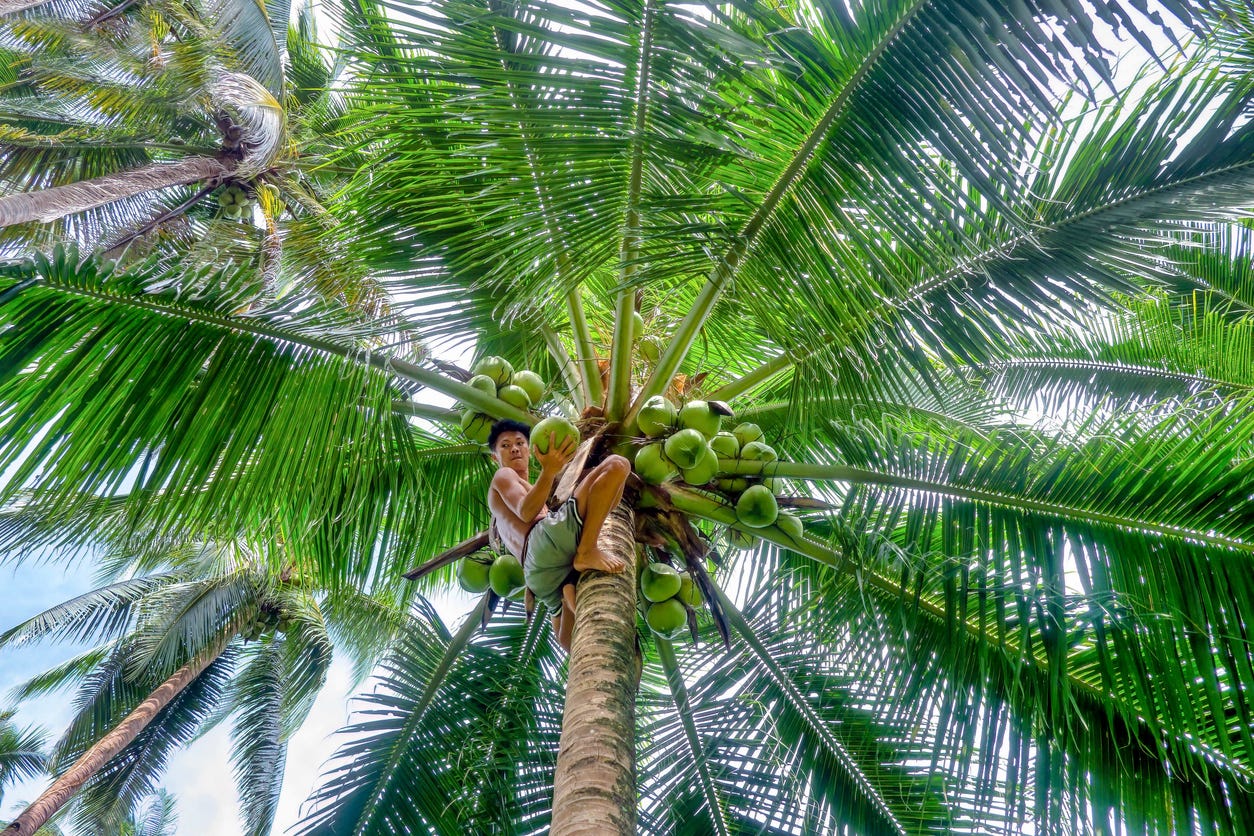I haven’t written this up yet, but you probably have noticed it in many of my posts: there are four categories of aspirants: individual people, organizations, businesses, and communities. That is, you can guide transformations for individual people (whether consumers or employees), individual organizations (offerings for groups of, or all, employees), individual businesses (pure B2B offerings to help businesses become better in some way), and individual communities (groups not affiliated with a business, such as associations, neighborhoods, and other sets of loosely affiliated people).
Understand also that while the customer, by definition, is always the one who pays you money, they are not the only ones for whom you guide transformations. Sometimes, the customer has aspirations for someone else, and is willing to pay for a transformation for such a beneficiary. Parents often pay on behalf of their children, whether for tutoring, taekwondo, or guitar lessons (no matter who’s originated the aspiration). Businesses pay for employees to take classes to learn new skills, take time off to enhance their health & wellbeing, and even take retirement.
And people can also, personally and collectively, pay for the benefits of communities. The Transformational Travel Council, for example, exists not only to support and encourage travelers to transform, but so that they can help transform the places and communities to which they travel. People buy 4Ocean bracelets not because they are special in and of themselves, but because the organization promises that each purchase enables them to remove five pounds of trash from the ocean.
Hmmm….. I think I just started the writing on this subject!
All that to introduce this post’s exemplar, Dignity Made, a company that sells products to transform a community. Well, I actually did mention it in the post on Metamorphic Transformations, intended as a reference back to its use as an exemplar in an earlier book chapter.
Joe
============
Dignity Made sells coconut oil for cooking and other purposes, but it’s really in the transformation business. Its stated aim is to help coconut farmers and their communities in the Philippines. The founders of the company, Stephen Freed and the late Don Byker, did Christian missionary work in the country and were astounded by the scale of human trafficking and other ills, evils so prevalent in undeveloped areas around the world. Parents often feel that they have to sell their daughters into slavery or into online sexual exploitation in order to have enough money to get out of debt and feed their families. Selling the family farm and having no income wasn’t much better of a choice, nor was leaving the family to get work elsewhere, which itself so often led to abuse and exploitation.
Non-profit work obviously didn’t cut it, as they couldn’t change the decision calculus for families. Freed, the CEO, told me that “it was an economic problem, and it needed an economic solution”. What the communities needed were jobs, good-paying, local jobs. The one thing that was plentiful in the area they sought to help were coconuts, so they built a coconut factory! Dignity Made – its purpose right there in the name – was born with “the heart of a nonprofit” and committed to buy the coconuts of local farmers at a fair price, turn them into coconut oil, and sell them around the world.
And it worked. President Erik Olson told me that it transformed several rural villages by the ocean, with today over 150 thriving farms supplying it, some of whom are now sending their daughters to high school, and even to college. Over 110 employees work in the factory and in distribution (with weekly work and life skills training). Some employees and neighbors have started their own businesses to support the factory workers, including general stores, restaurants, and building material suppliers. Olson summed the community transformation by relaying that, “2,200 families are healthier through clean water and multiple medical and dental clinics (many adults say it’s their first time seeing a doctor!). After super typhoons and Covid, they are stronger because we rebuilt 336 homes, gave food and cash to farmers who lost crops, planted 26,000 trees, and gave a total of 250,000 pounds of rice house-to-house.”
Interestingly, each jar of coconut oil sold (through its website, on Amazon, and via a number of grocery chains) comes with a story of transformation. That is, customers can scan a QR code and learn of how they – thanks to their purchase and those of thousands of others – made a material difference in the lives someone in the factory or community.
Note how Dignity Made explicitly went into business to help communities in the Philippines, individual by individual, and then based on the most prevalent local commodity, coconuts, created physical goods (its factory, not to mention its coconut oil offerings), service activities (employment, distribution, etc.), experiences (training, community events, etc.) to transform a local community from poverty to flourishing.
Joe Pine
© 2024 B. Joseph Pine II





